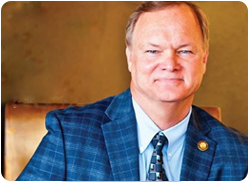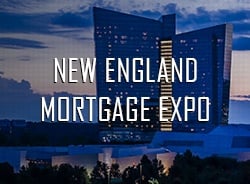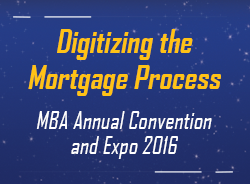Texas Capital Bank Implements DocMagic’s Total eClose™ Solution for eWarehouse Lending
 One of the nation’s largest lenders completes its first eClosing as an eWarehouse lender, using DocMagic’s Total eClose™ solution for eWarehouse lending
One of the nation’s largest lenders completes its first eClosing as an eWarehouse lender, using DocMagic’s Total eClose™ solution for eWarehouse lending
TORRANCE, Calif., April 21, 2017—DocMagic, Inc., the premier provider of fully-compliant loan document preparation, regulatory compliance and comprehensive eMortgage services, announced that Texas Capital Bank has implemented its Total eClose™ solution. This implementation enables the bank to function as an eWarehouse lender. They can now accept and fund eNotes from its lender customers that want to drastically speed up the process of closing and selling loans.
Total eClose™, DocMagic’s eClosing technology, is a single-source, centralized platform that provides all necessary components to enable a completely paperless digital closing. Texas Capital Bank is a leading provider of warehouse credit facilities to fund mortgage origination and acquisition.
Texas Capital Bank recently funded its first eNote with a key lender client using DocMagic’s eMortgage technology suite. The eNote was instantly delivered to the bank, registered with MERS, and securely stored in DocMagic’s eVault. They completed the entire transaction electronically and transferred the eNote to Fannie Mae in minutes, rather than days.
“DocMagic’s eClosing and eMortgage solutions have provided Texas Capital Bank with the tools necessary to incorporate the funding of eNotes into our everyday operational procedures,” said Donnie Martin, Executive Vice President at Texas Capital Bank. “We believe the digital mortgage revolution and acceptance of eNotes will continue to grow. We are pleased to have partnered with DocMagic to build out the infrastructure needed to support the eNote funding process at the bank, which in turn supports the trend towards digital mortgages.”
“It’s very rewarding to support Texas Capital Bank as they move forward and break ground as an eWarehouse leader,” said Dominic Iannitti, president and CEO of DocMagic. “In this industry, it’s forward-thinking, tech-savvy organizations like this that thrive, set the pace and reach their goals. They understand the fundamental role that advanced technology plays in their—and the industry’s—progress. We look forward to collaborating further as we help drive true end-to-end eMortgage adoption.”
The Consumer Financial Protection Bureau (CFPB) has repeatedly encouraged lenders to implement eClosing technology and operational processes to make obtaining a home loan as easy as possible for borrowers.

 North Carolina Secretary of State Elaine Marshall wants the state to be a leader in eCommerce. It adopted the Uniform Electronic Transactions Act, the Uniform Real Property Electronic Recording Act and the Electronic Notarizations Act. All of this was to prepare for the day when the state could institute eClosings.
North Carolina Secretary of State Elaine Marshall wants the state to be a leader in eCommerce. It adopted the Uniform Electronic Transactions Act, the Uniform Real Property Electronic Recording Act and the Electronic Notarizations Act. All of this was to prepare for the day when the state could institute eClosings. By Tim Anderson
By Tim Anderson By Brian A. Lee
By Brian A. Lee DocMagic, Inc. is proud to announce that president and CEO, Dominic Iannitti, was honored by HousingWire with its 2016 Vanguard Award, which recognizes top mortgage executives for professional accomplishments and for their positive impact on the industry at-large.
DocMagic, Inc. is proud to announce that president and CEO, Dominic Iannitti, was honored by HousingWire with its 2016 Vanguard Award, which recognizes top mortgage executives for professional accomplishments and for their positive impact on the industry at-large. Join the eClosing evolution!
Join the eClosing evolution!
 Press Release:
Press Release: We're excited to attend the upcoming
We're excited to attend the upcoming  Press Release:
Press Release: